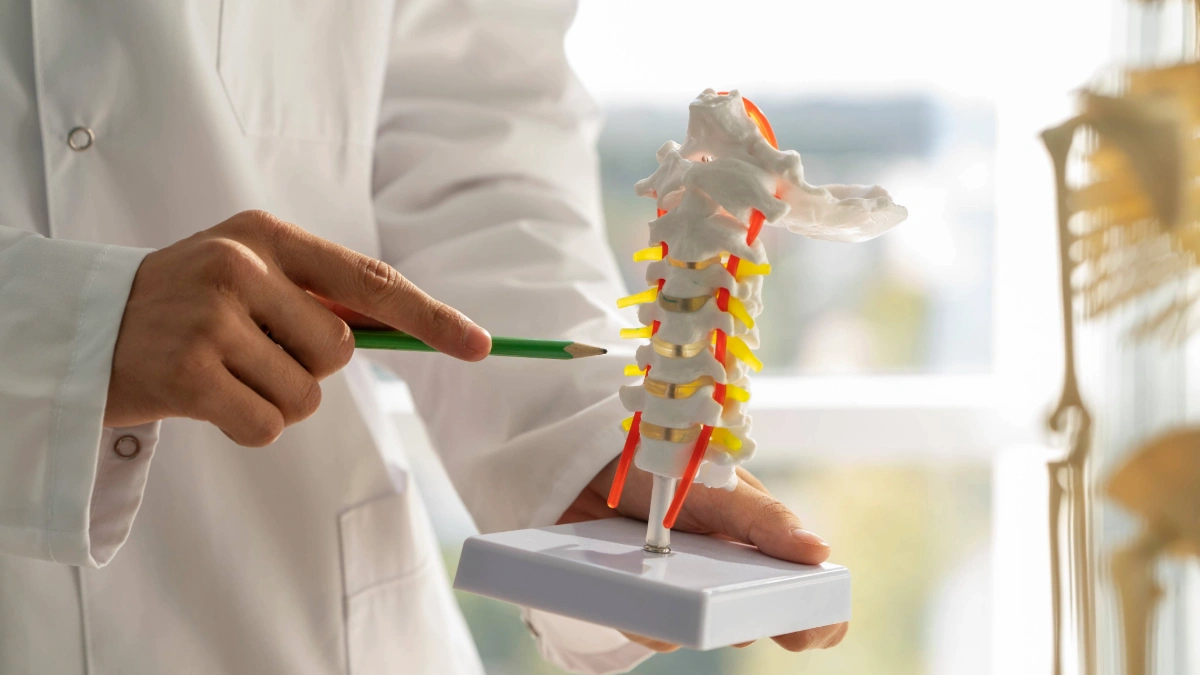Uterine Cancer Surgery is not a one-size-fits-all. However, this specialized procedure, fundamental in treating uterine or womb cancer, varies depending on the cancer’s stage, type, and patient health. Here, we delve deep into the surgery options available. Moreover, we provide facts on recovery time, treatment stages, and the survival rate after hysterectomy for uterine cancer. Our goal is to equip you with a thorough understanding, guiding you through making informed decisions.
When facing a uterine cancer diagnosis, knowing your surgical options is crucial. Uterine cancer surgery presents the first line of defence, often combined with other treatments like chemotherapy or radiation, depending on the cancer’s stage and characteristics. Our multidisciplinary team approach ensures you receive comprehensive care tailored to your unique situation.
Uterine Cancer Types and Stages
Before delving into surgery specifics, it’s crucial to understand that uterine cancer encompasses various types, primarily endometrial cancer, the most prevalent form. The treatment regimen, including the surgery type, hinges on the cancer stage, from stage 1a (confined to the inner uterine layer) to more advanced stages where cancer has spread beyond the uterus.
Surgery Options for Uterine Cancer
Hysterectomy: The Primary Option
A hysterectomy stands as the cornerstone of uterine cancer treatment. This procedure involves the removal of the uterus and may vary from a simple hysterectomy, removing just the uterus and cervix, to a radical hysterectomy which also includes the cervix, part of the vagina, and adjacent tissues. Following menopause, patients may undergo a bilateral salpingo-oophorectomy in order to remove the ovaries and fallopian tubes, therefore addressing possible cancer spread and hormone production difficulties.
Types of Hysterectomy:
- Total Hysterectomy: Removes the uterus and cervix.
- Radical Hysterectomy: Includes the removal of tissues around the uterus, recommended for more advanced cancer stages.
Lymph Node Removal
To assess cancer spread, surgeons might perform a sentinel lymph node biopsy or lymphadenectomy alongside the hysterectomy. This critical step helps determine the most effective post-surgery treatment plan.
Uterine Cancer Surgery Approaches
- Abdominal Incision provides a comprehensive view and access for extensive cancer.
- Laparoscopic or Robotic-Assisted Surgery involves smaller incisions, offering quicker recovery times and reduced pain post-operation, though suitability varies by individual case.
Uterine Cancer Surgery Side Effects and Recovery
Post-surgical side effects range from immediate, like pain and fatigue, to long-term impacts like lymphedema or menopausal symptoms if ovaries are removed. Our care team is dedicated to managing these side effects, ensuring a smoother recovery process.
Uterine Cancer Surgery Recovery Time
Recovery varies, with laparoscopic or robotic surgeries often allowing a faster return to daily activities than traditional abdominal surgery. Our support includes pain management, physical therapy, and personalized recovery plans.
Survival Rate and Prognosis
Post-hysterectomy survival rates depend on the cancer stage at diagnosis and the comprehensiveness of the surgical approach. Discussing individual prognosis with our team helps tailor the treatment plan to your unique case, optimizing outcomes.
Additional Treatments and Considerations for Uterine Cancer
Chemotherapy and Radiation
Based on your cancer’s stage, additional treatments like chemotherapy or radiation may be necessary. Our team will guide you through these decisions, balancing treatment efficacy with quality-of-life considerations.
Fertility Concerns
We address fertility implications with patients of childbearing age, exploring all options, including less extensive surgery or fertility preservation methods, before proceeding with treatment.
Selecting the Right Path for You
Our dedication to shared decision-making ensures you’re fully informed and comfortable with your treatment plan, considering your health, lifestyle, and personal preferences.
Choosing the Right Hospital: Avicenna International Hospital
Selecting a facility like Avicenna International Hospital, renowned for its excellence in uterine cancer surgery and patient care, can significantly influence your treatment journey. Equipped with state-of-the-art technology and a team of dedicated oncology specialists, Avicenna International Hospital ensures patients receive the highest quality care. For more information or to schedule a consultation, please contact us. Your health and peace of mind are our top priorities.
Why Avicenna?
- Expert Team: Leading specialists in gynecologic oncology.
- Advanced Technology: Incorporating the latest in robotic-assisted surgery.
- Patient-Centric Care: Tailored treatment plans and comprehensive support services.
For those considering uterine cancer surgery options and seeking unparalleled care, we encourage you to contact Avicenna International Hospital.
Your post-operative treatment plan, including the potential need for chemotherapy, is determined by the cancer stage, pathological findings during surgery, and your overall health.
Yes, there’s a possibility of recurrence, which is why regular follow-ups and screenings are crucial post-surgery.
The duration can vary from a few days to a week, depending on the surgery type and your recovery progress.
Survival rates are highly individual and depend on many factors, including cancer stage at diagnosis and overall health. Discussing your specific case with our specialists provides the most accurate prognosis.







